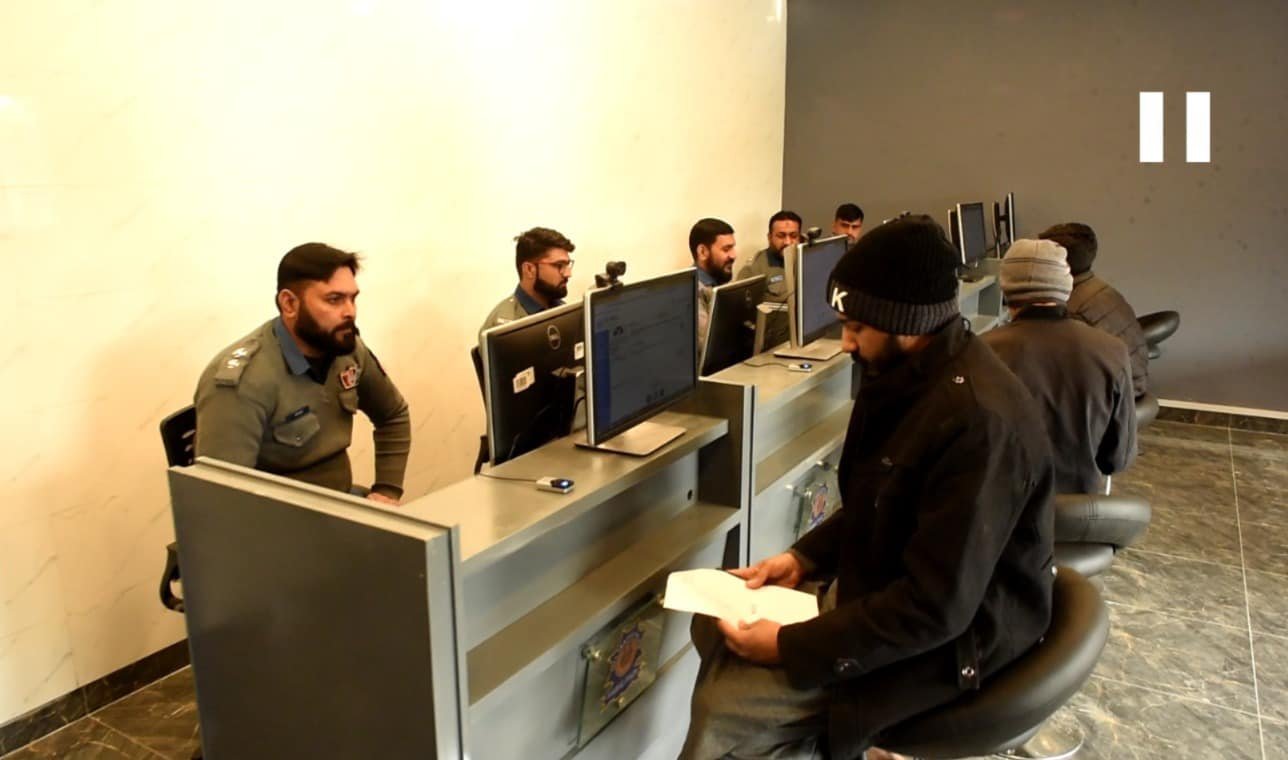In a bold step toward becoming Pakistan’s first truly smart digital city, Islamabad is upgrading its vehicle registration and tracking system using cutting-edge technology. The Excise and Taxation Department has introduced RFID (Radio Frequency Identification) tags and digital vehicle registration cards aimed at curbing car theft, fake number plates, and fraudulent ownership transfers.
RFID Tags: A “Third Number Plate” for Real-Time Tracking
According to Bilal Azam, Director of Excise, each vehicle in Islamabad will now be fitted with an RFID tag on the windscreen, in addition to the front and rear number plates. This tag acts as a “third number plate”, storing unique vehicle identification data.
“This tag will link vehicle data with Safe City cameras, making real-time tracking and monitoring possible,” Azam stated.
The RFID system will directly integrate with Islamabad’s Safe City surveillance network, enabling instant identification of stolen or suspicious vehicles. This approach, commonly used in developed nations, enhances law enforcement efficiency and public safety.
Digital Vehicle Registration Cards Replace Paper Documents
In addition to RFID tags, Islamabad is also phasing out traditional registration papers and replacing them with smart digital vehicle cards. These e-cards will:
- Be downloadable via Pak-ID
- Be stored in a mobile wallet
- Contain all key vehicle details, accessible at any time
If a vehicle is sold, the ownership transfer process will be conducted through biometric verification and e-consent, greatly reducing the risk of document forgery and unauthorized transfers.
“With digital cards and biometric-backed transfers, the entire process becomes faster, more secure, and fully trackable,” added Director Azam.
Expanding to Parking and Tax Monitoring
Islamabad’s smart vehicle infrastructure will also include digital parking payment integration. Vehicle owners will be able to pay parking fees via their digital cards, while the system will automatically monitor:
- Token tax payments
- Vehicle status compliance
- Traffic law violations
Through automated data tracking, this initiative will streamline traffic management, improve tax collection, and foster accountability on the roads.
This new initiative under the Islamabad RFID Vehicle Registration program sets a national precedent. By digitizing vehicle tracking and ownership, Islamabad is not only enhancing public safety but also introducing global-standard transparency and automation to Pakistan’s urban systems.
With the launch of RFID tags, smart registration cards, and biometric ownership transfers, Islamabad is making strides toward becoming a model smart city. The project not only modernizes public services but also protects citizens against rising vehicle-related fraud and theft—marking a turning point for Pakistan’s urban digital transformation.






